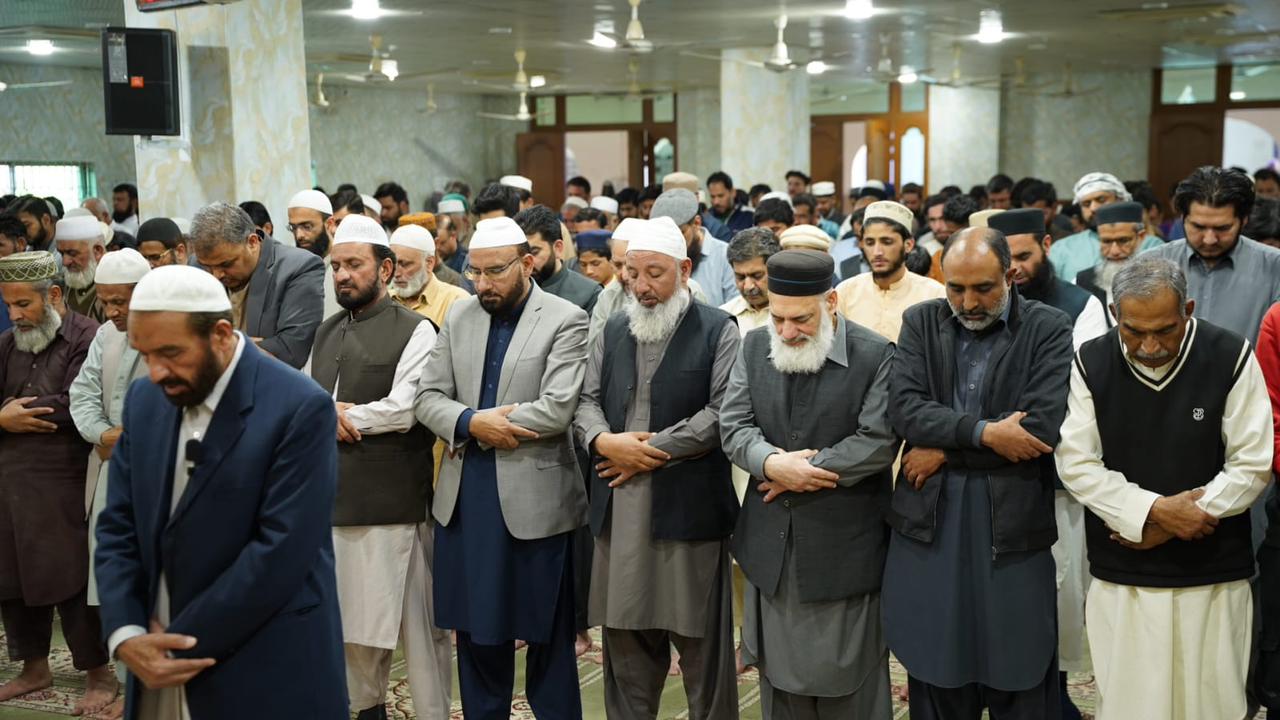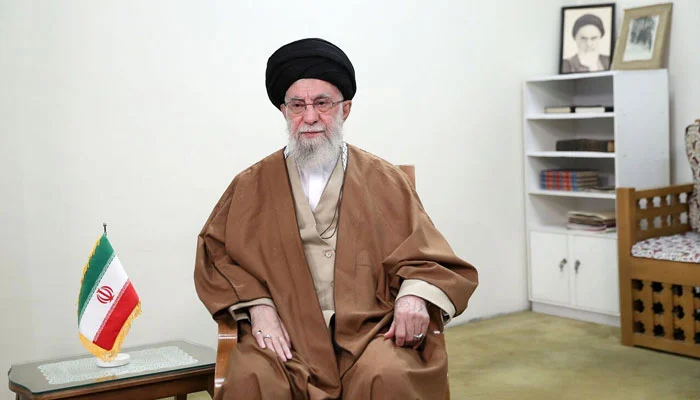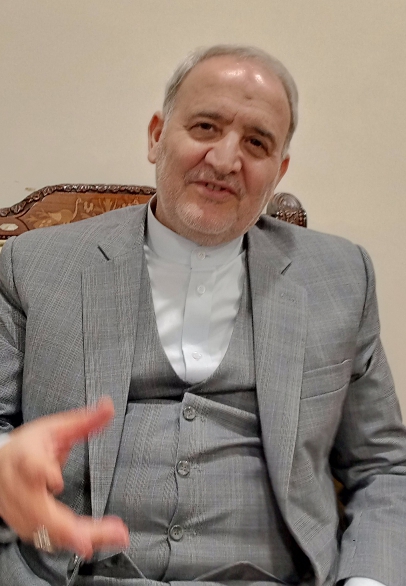Pakistan’s green economic regime for low carbon development necessity not choice: Speakers
Pre-budget consultative dialogue carves out way forward for Pakistan’s Green Growth
ISLAMABAD, 09 April 2025: The speakers from public-private sector, international partners and civil society on Wednesday underscored that amid Pakistan’s battle with economic headwinds and rising climate threats green growth regime for low carbon development is no longer a choice but a necessity to compete upcoming global carbon tax regime.
The event, titled “Greening the Macro-Fiscal Economic Regime for Low Carbon Development,” has been hosted jointly by the Planning Commission of Pakistan, Pakistan-German Climate and Energy Partnership (PGCEP), and the Sustainable Development Policy Institute (SDPI), the dialogue is part of a broader pre-budget consultation series aiming to align Pakistan’s development agenda with global climate imperatives.
In her keynote address, Nadia Rehman, Member for Food Security and Climate Change at the Planning Commission underscored the urgency of aligning green economic instruments with Pakistan’s broader reform agenda under the Uraan Pakistan program and its 5Es Framework—Exports, E-commerce, Environment, Energy, and Equity.
Ms Rehman said the Planning Commission is working with federal ministries and provinces to develop sectoral plans and performance agreements, positioning itself as the central platform for mainstreaming green reforms.
Citing Pakistan’s balance of payments crisis, she stressed the need to lower borrowing costs through climate finance. “This is not just about the environment—it’s an economic imperative,” she said.
Ms.Rehman pointed out that climate finance can cut borrowing and infrastructure costs, whereas the country should adapt to global net-zero shifts and address Scope 1–3 emissions to stay competitive amid rising carbon border adjustments.
She highlighted steps like climate screening of public projects, updates to risk resilience processes, and collaboration with the Finance Ministry, State Bank, and SECP to embed climate risk into financial systems. Blended finance tools, such as de-risking and first-loss guarantees, are also under development to attract private capital.
She further concluded that this dialogue is the first in a series, paving the way for a federal-level working group focused on climate-driven economic transformation.
Mr. Wolfgang Hesse, Coordinator for Energy, Climate Change, and Just Transition, GIZ Pakistan saidthat German Development Cooperation has played a leading role in advancing the country’s energy transition, focusing on decarbonization, digitization of power distribution networks, and technical assistance for grid modernization—key steps to reduce Pakistan’s circular debt and integrate renewable energy.
Additionally, he said Germany is supporting Pakistan’s efforts to enhance climate resilience through national adaptation planning and climate risk assessments, enabling smarter public investments.
Shah Jahan Mirza, Managing Director at Private Power and Infrastructure Board (PPIB) said despite adding 13,000MW of new energy capacity under CPEC, Special Economic Zones (SEZs) remain non-operational, and GHG tracking mechanisms are still lacking.
He stressed the importance of policy coordination across ministries to ensure that energy planning is integrated with industrial development and climate resilience.
Dr. Khalid Waleed, an energy economics expert at the SDPI, warned that the European Union’s upcoming Carbon Border Adjustment Mechanism (CBAM) could reduce the export competitiveness of Pakistan’s industry due to the carbon-intensive national grid. He emphasized the urgent need for investment in renewable energy and the early retirement of fossil fuel-based power plants. He stressed the importance of holistic policy planning and interministerial collaboration to support green growth.
Gul Hassan Bhutto, Advisor at NEPRA, laid out how the Competitive Trading Bilateral Contract Market (CTBCM) aims to introduce open, competitive electricity trading that lowers tariffs and attracts private investment. “We’re 30 years behind the world. It’s time to catch up,” he said.
Omer Malik, CEO of Shams Power, added that the move could finally allow industries to fully decarbonize. “Right now, rooftop solar only takes us so far,” he said. “But with CTBCM, we’re talking about entire industries going net-zero.”
Omer Haroon Malik, Head of Strategy and Power Market Development, Central Power Purchasing Agency (CPPA-G) emphasized the need for technological solutions like STATCOMs and batteries to improve grid stability and ensure a resilient power supply.
Hassan Shafqaat, CEO Pakistan Textile Council (PTC) flagged a major skills gap that’s preventing SMEs from adopting green technologies. He raised concerns about the lack of incentives for industries to go green and urged the government to implement green budget tagging in the upcoming budget.
Aisha Khan, CEO ,Civil Society Coalition for Climate Change said, “Our floods, our power outages, our declining exports — they all speak to a system that urgently needs to change.




